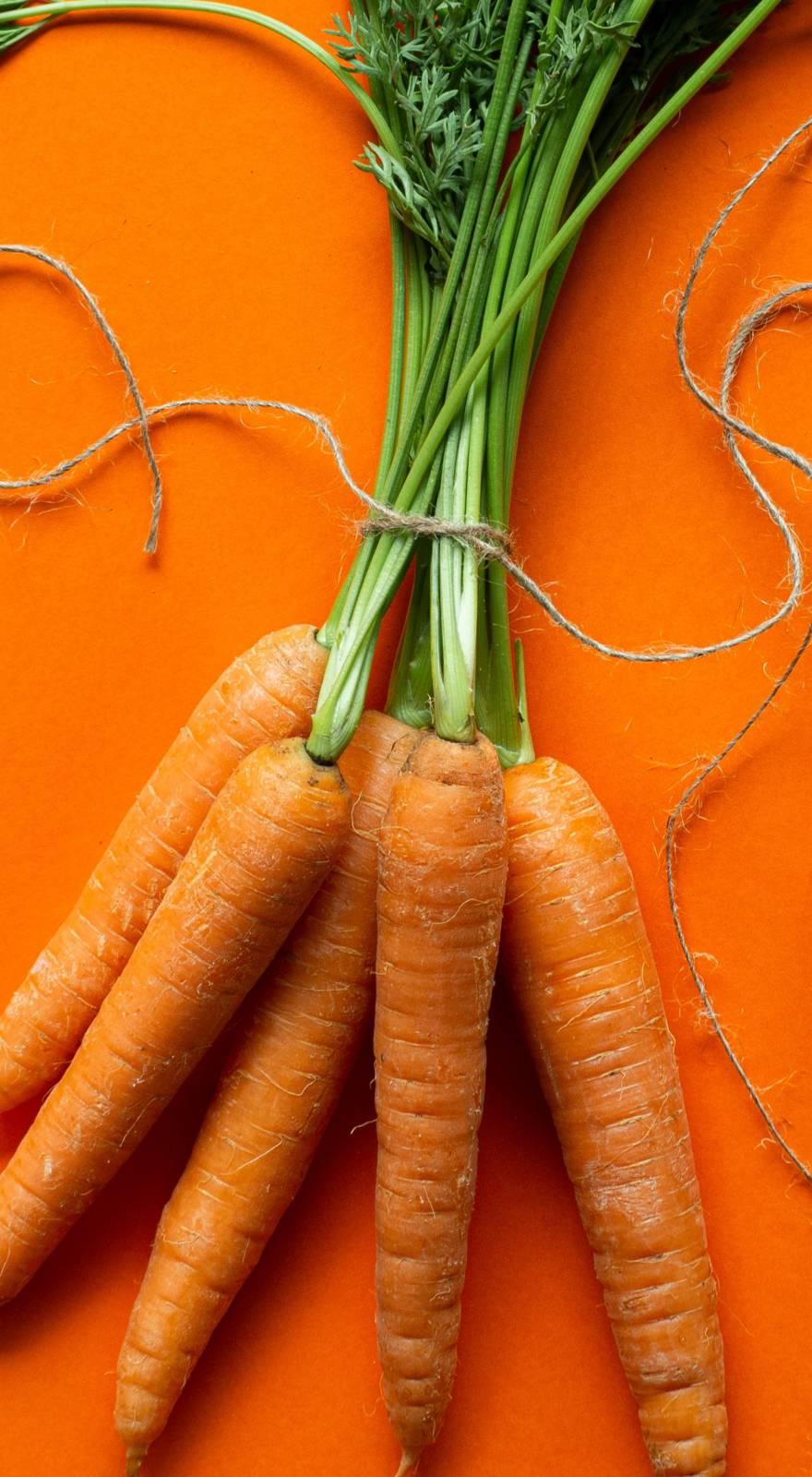Knowde Enhanced TDS
Identification & Functionality
- Active Component
- Ingredient Name
- Food Ingredients Functions
- Pharma & Nutraceuticals Functions
- Ingredients
- Resveratrol
- Technologies
Features & Benefits
- Food Ingredients Features
- Product Highlights
In a ground-breaking study of middle-aged mice, conducted by Harvard scientist, Dr. David Sinclair and published in the prestigious journal Nature, mice were fed a 60 percent fat diet with resveratrol or the same high fat diet with no resveratrol.* To the surprise of the researchers, the mice given resveratrol had no fat-related illnesses, lived 31 percent longer, and performed as well as if they were young and fit.
What is Resveratrol?
Resveratrol (pron: rez-ver-a-trol) is found mostly in the skins of plants where it protects the plant from fungi, viruses, and pests and ultra-violet radiation. This little molecule is proving to be powerful ally in for enhanced health and longevity.
Heart disease:
the French Paradox Resveratrol may be the reason for the French Paradox, the contradiction of a low incidence of heart disease in France, though its people are lovers of rich creamy sauces, buttery croissants and red wine. Research shows that resveratrol, which red wine contains, minimizes oxidation of LDL cholesterol; prevents platelets from clumping together, reducing heart and stroke risk; and minimizes inflammation (a major contributor to atherosclerosis).
Cancer:
Resveratrol seems to inhibit cancer development and may sensitize cells to cancer therapy agents improving their effectiveness. “It is considered one of the most promising natural anti-cancer agents.”— Paul Gross, The Berry Doctor. At the 71st Annual Scientific Meeting of the American College of Gastroenterology researchers showed that regular red wine consumption was linked to a 68 percent reduced risk of colon cancer. Resveratrol, the active compound in the skin of red wine grapes and darkly-skinned berries, was likely the reason.2
Neuroprotection
According to University of Missouri researchers: “Our research has shown that a compound in red wine or grapes… may help minimize the damage to the brain when a stroke occurs.”—Grace Sun, lead researcher.Resveratrol can stop further free radical damage after a stroke. While some damage to neurons is sustained, researchers found a remarkable difference between brain cells treated with resveratrol and those without it. “In the study with the animal model, the compound was helpful if taken both before and after a stroke.” 3 In one animal study resveratrol prevented paralysis after surgical intervention for aortic aneurysm, a common occurrence in this type of surgery.
A powerful anti-inflammatory:
Resveratrol blocks compounds that cause inflammation, which is implicated in heart disease, cancer and arthritis. In studies on rheumatoid arthritis, resveratrol anti-inflammatory action was similar to that of acetaminophen.
Diabetes :As was noted in the Sinclair study, resveratrol-treated mice had no symptoms of insulin resistance or diabetes. Insulin resistance occurs when the body becomes less sensitive to insulin. This is a precursor to type 2 diabetes and contributes to weight gain (especially abdominal fat), hypertension, raised cholesterol and triglyceride levels and heart disease. Chinese scientists reported that resveratrol curbs insulin resistance in mice, calling it a “valuable new strategy for treating insulin resistance and type 2 diabetes.”
Resveratol:
The longevity molecule? David Sinclair’s resveratrol-treated mice lived 31% longer than the untreated mice, suggesting that resveratrol may help extend life. The researchers concluded: “… resveratrol and molecules with similar properties might be valuable tools in the search for key regulators of energy balance, health and longevity… an orally available small molecule can safely reduce many of the negative consequences of excess caloric intake, with an overall improvement in health and survival
- InovoBiologic Resveratrol
- High potency resveratrol from red wine skins and Polygonum cuspidum, an ingredient in many traditional medicines for the liver and heart.
- The benefits of resveratrol, without drinking red wine (which is no longer a reliable source of resveratrol due to variable content from bottle to bottle, and use of pesticides in some wine growing regions).
- High purity with little or no emodin present. Emodin can cause diarrhea in some people.
- Manufactured under GMP.
Applications & Uses
- Markets
- Food & Nutrition Applications
Properties
Safety & Health
- Safety
Animal studies show Resveratrol to be very safe even in large doses; however, with no long term human studies available doses used should not be greater than would be found in several glasses of red wine.8 It is not recommended for use with anticoagulants or antiplatelet drugs,before surgery or for pregnant or lactating women, or for children.

